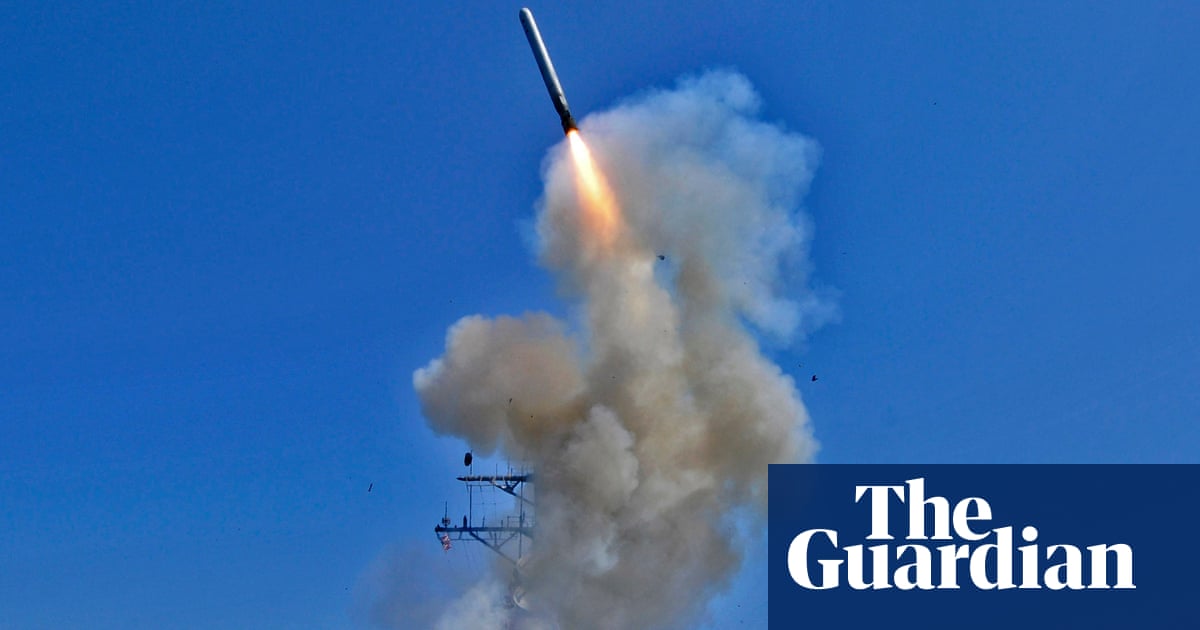A US announcement of a plan to station long-range missiles in Germany for the first time since the cold war has set off a diplomatic furore between Washington and Moscow and elicited comparisons to the European missile crises of the 1980s.
Russian and US officials both accused each other of provoking the escalation on Thursday, as arms control experts warned that the deployments of missiles on the European continent, after the collapse of the Intermediate-range Nuclear Forces (INF) treaty, could fuel a new arms race.
The decision to station non-nuclear Tomahawk cruise, SM-6 and hypersonic missiles in Germany from 2026 was welcomed by Germany’s chancellor, Olaf Scholz, who said it “fitted exactly” into his government’s security strategy, even as the move attracted fierce criticism amid fears it would make Germany more vulnerable to attack.
Scholz said the decision had been long in the making and would come as “no surprise” to anyone who was knowledgable about security and peace policies.



This is the best summary I could come up with:
Russia’s deputy foreign minister, Sergei Ryabkov, issued a stark warning to Berlin, insisting Moscow would respond militarily to the decision, which he said aimed to impair Russian security and could not go unanswered.
Dmitry Peskov, the spokesperson for the Russian government, called the planned move “a very serious threat” to Russia, which would be closely analysed by Moscow, which would “take thoughtful, coordinated and effective measures to contain Nato”.
Hans Kristensen, director of the nuclear information project at the Federation of American Scientists, wrote: “First Russia develops/fields an INF missile in violation of treaty.
Sara Nanni, a spokesperson for the party’s parliamentary group, told the Rheinische Post she found it irritating that Scholz had yet to provide such details, “even though a clear classification” was “urgently needed”.
Support for Scholz came in particular from the main opposition Christian Democrats, whose foreign policy spokesperson, Jürgen Hardt, said the stationing of Tomahawks in Germany was a service to German security.
Joachim Krause, a political scientist and international policy expert, told DLF the presence of the cruise missiles would act as an effective deterrent, which could “considerably increase the military balance in favour of Nato”.
The original article contains 967 words, the summary contains 192 words. Saved 80%. I’m a bot and I’m open source!